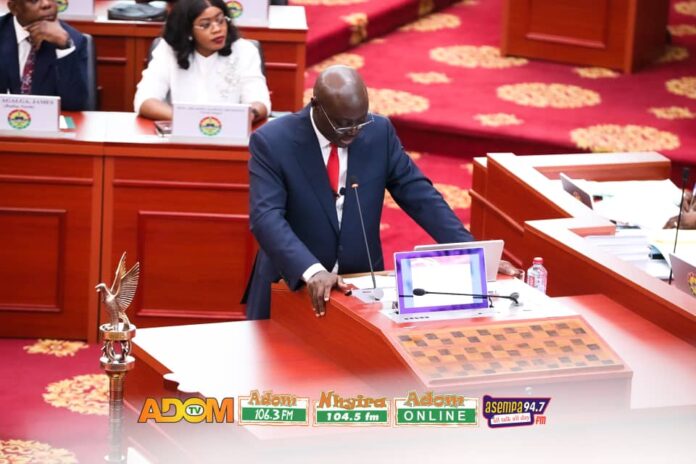Finance Minister Dr Cassiel Ato Forson has attributed Ghana’s ability to conserve foreign exchange and attract significant gold-backed inflows to the efficient operations of the Ghana Gold Board (GoldBod).
According to him, the state-run agency responsible for regulating and promoting the country’s gold sector has been a key driver in achieving a stronger cedi and overall economic stability.
The cedi’s impressive performance over the period has drawn attention from critics and investors alike, after it was rated the world’s best-performing currency in April, appreciating by 16.7% against the US dollar.
Ghana’s central bank has rebuilt its foreign reserves to the equivalent of four and a half months of import cover after they were nearly depleted during the 2022 economic crisis, Governor Johnson Asiamah told Reuters, crediting GoldBod’s efforts in helping plug foreign-exchange leaks.
The increase in reserves has strengthened the country’s foreign exchange buffer, boosted investor confidence, enhanced fiscal credibility, and encouraged capital inflows.
By the end of September 2025, the central bank’s gold reserves had climbed to 37.06 tonnes, largely driven by GoldBod and its domestic procurement strategy.
In October, finance ministers from five African countries praised Ghana’s pioneering GoldBod model as a benchmark for resource-led development across the continent. The meeting, held on the sidelines of the 2025 IMF–World Bank Annual Meetings in Washington, commended Ghana’s approach to natural resource governance.
The high-level meeting brought together finance ministers from Ghana, Liberia, Sierra Leone, The Gambia, and Sudan for strategic discussions with the President of the African Development Bank (AfDB) Group, Dr Sidi Ould Tah. Among the wide-ranging issues on Africa’s development agenda, natural resource management stood out, with Ghana’s GoldBod receiving particular recognition.
Since its establishment in March, GoldBod has generated about $8 billion by centralising the purchase and export of gold, ensuring foreign currency earnings return to Ghana.
The GoldBod model continues to attract interest from other African countries seeking to learn from Ghana’s experience in creating and managing institutions that regulate gold trading and certification.
ALSO READ:



